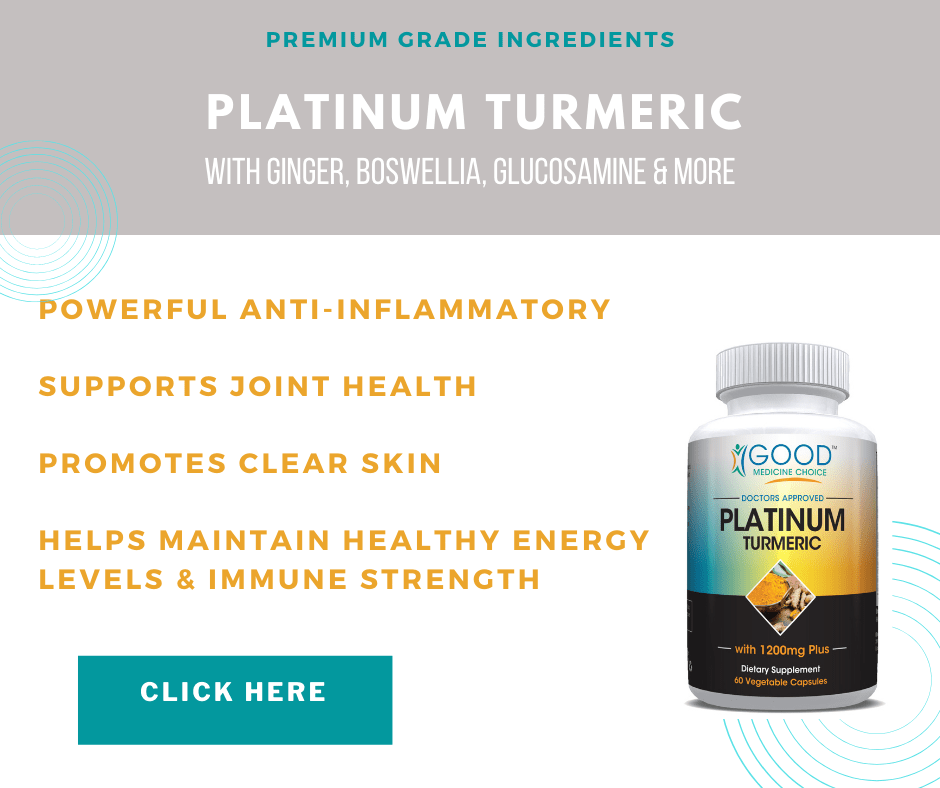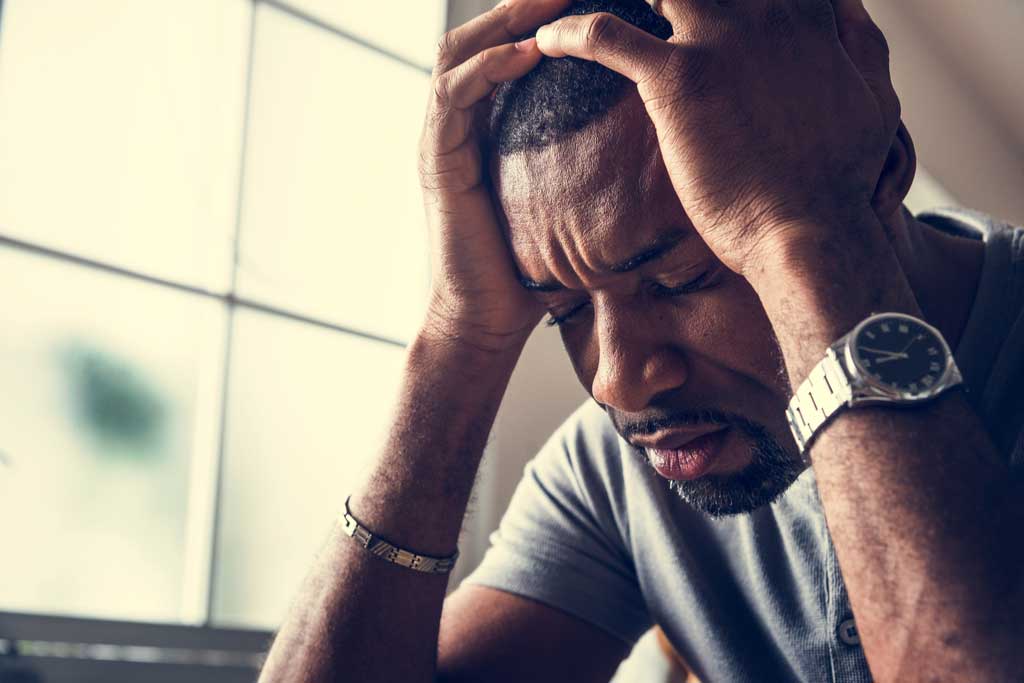New research shows that among the many negative consequences of the coronaviruscoronavirus co·ro·na·vi·rus : any of a family (Coronaviridae) of single-stranded RNA viruses that have a lipid envelope studded with club-shaped projections, infect birds and many mammals including humans, and include the causative agents of MERS, SARS, and COVID-19 pandemicpandemic (pan·dem·ic) : an outbreak of a disease that occurs over a wide geographic area and affects an exceptionally high proportion of the population : a pandemic outbreak of a disease. and prolonged shut downs is reports that one in three American adults reported symptoms of depression and anxiety.
It’s not surprising that the global pandemic is having an impact on people’s lives. Loss of work and recreation, isolation from loved ones, and health and financial concerns all create additional stress. Uncertainty, job loss and the loss of traditional rituals like graduations, weddings and even funerals are some factors contributing to the mental health decline of Americans since the pandemic.
In the United States, the national rate of anxiety tripled in the second quarter compared to the same period in 2019 (from 8.1% to 25.5%), and depression nearly quadrupled (from 6.5% to 24.3%), according to the Centers for Disease Control and Prevention. Young adults age 18 to 24 have the highest rates, with 74.9% reporting at least one adverse mental-health condition this year.

The pandemic affects people ages 18 to 29 more, with 42% reporting anxiety and 36% depression, according to the data. The second most-affected age group was people 30 to 39, with 34% reporting anxiety and 28% depression. Older people were far less likely to report emotional reactions with just 16% of people age 70 to 79 and 11% of those over 80 reporting anxiety and 12% age 70 to 79 and 9% of those over 80 reporting they felt depressed.
Impacts of Depression and Anxiety
Research shows social isolation and loneliness are linked to poorer mental health. Job loss, likewise, has been associated with increased depression and anxiety and higher rates of suicide and risk of substance abuse.
Aside from the deterioration in quality of life due to these conditions affecting individuals’ mental health, research has shown the inflammation caused by depression can increase a person’s risk of heart attack. Furthermore, many people are experiencing loss of appetite, changes in sleep, relationship issues and feelings of isolation. Sustained impact on sleep and changes in appetite can lead to additional health issues as well.
Read our article “Quality Sleep’s Role in Good Health” for information on how sleep impacts your metabolism.
Assessing Your Mental Health and Finding Support
September is National Suicide Awareness Month and a time when many people are sharing their stories in an effort to reduce the stigma about mental health. As the pandemic moves into its eighth month, it is more important than ever for people to examine their emotional health and recognize when they are feeling anxious, sad or depressed.
Read the article “Are the Kids Alright?” for five tips for helping children and teen-agers weather the coronavirus pandemic.
Ways to Cope
Some small steps may help you feel more centered and connected if you are feeling anxious or depressed. Consider calling a friend, taking a walk, doing a chore, volunteering or writing in a journal. Even a small amount of exercise can boost your mood and your immunity.
- Recognize that even though things are uncertain, the pandemic will eventually end.
- Realize that you are not alone and many people understand how you are feeling and are willing to listen.
- Practice prayer, meditation, breathing techniques or other tools that help you stay grounded.
- Speak to your pastor or religious leader or healthcare professional.
- Consider an app for your phone to help you. Calm is a phone app available for IPhone or Android for approximately $6 per month and also features a free version.
- Have you thought about professional mental health counseling? Many therapists are conducting sessions virtually if you are concerned about distancing.
- Consider prescription medication to manage your symptoms.
- Supplements including Magnesium, Vitamin D and Turmeric are recognized for their mood-boosting properties. In fact depression is one of the symptoms of Vitamin D deficiency.
Good Medicine Choice offers several all-natural supplements that support immune strength and overall health, brain health and focus, including Platinum Turmeric with Ginger, Vitamin K2Vitamin K2 activates proteins that play a role in blood clotting, calcium metabolism, and heart health. This is important for the calcification of bones and prevents the calcification of blood vessels and kidneys because it regulates calcium deposition. and D3 and Immune Support Mushroom Blend. You can shop our line of vitamins and supplements here.
Resources for Managing Anxiety and Depression
There are a many resources available if you feel you need support for your emotional health. Here are a few:
- The National Alliance on Mental Illness (NAMI) offers education, online discussion groups, a video resource library as well as local chapters and support groups.
- The Anxiety and Depression Association of America (ADAA) offers expert tips and resource for managing depression and anxiety including videos and articles.
- The Substance Abuse and Mental Health Services Administration provides a free, confidential 24-hour treatment referral and information service hotline in English and Spanish for individuals and families facing mental and/or substance use disorders. The number is 1-800-622-HELP (4357).
- Contact the Suicide Prevention Lifeline by calling 1-800-273-8255.
- You can also connect with a crisis counselor via a free 24/7 Crisis Text Line by texting 741741 from anywhere in the U.S. or Canada.
Support for Parents/Families
- American Academy of Child and Adolescent Psychiatry (AACAP) Resource Page
- National Child Traumatic Stress Network’s Parent/Caregiver Guide to Coping
- Stanford Center for Youth Mental Health and Wellbeing (CYMHW)
- Child Mind Institute‘s COVID-19COVID-19 \ ˈkō-vid-nīn-ˈtēn : a mild to severe respiratory illness that is caused by a coronavirus (Severe acute respiratory syndrome coronavirus 2 of the genus Betacoronavirus), is transmitted chiefly by contact with infectious material (such as respiratory droplets), and is characterized especially by fever, cough, and shortness of breath and may progress to pneumonia and respiratory failure. Resource Center


No comments yet. Be the first one to leave a thought.